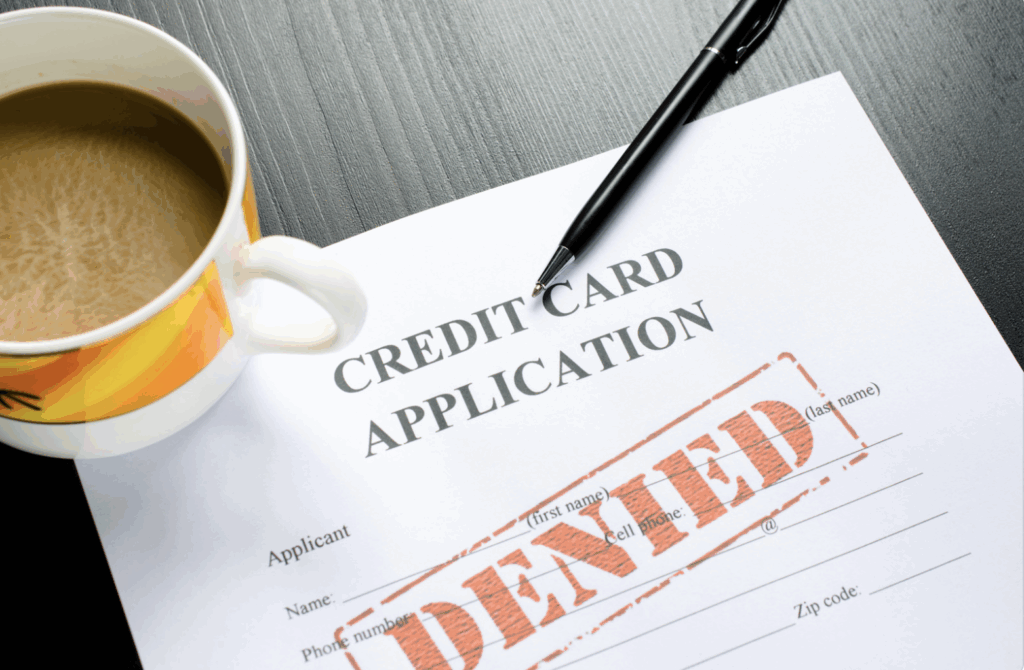If you are denied credit, the Equal Credit Opportunity Act requires that the credit card company or lender gives you a notice. The notice must tell you the specific reasons your application was rejected, or simply that you have the right to learn the reasons if you ask within 60 days.
It’s illegal to give consumers indefinite and vague reasons for credit denial. Acceptable reasons for credit denial include:
- Your income was too low.
- You haven’t been employed long enough.
- You have too much debt relative to your income.
- Your credit score is too low.
- You have a history of late payments.
- Your credit history is too thin (or limited).
- You’ve had too many recent credit applications.
- Your credit utilization ratio is too high.
- You’ve had a recent bankruptcy, short sale or foreclosure.
- Your last delinquency was too recent.
- You’re too young to get a credit card.
- You didn’t fully complete the credit card application.
Meanwhile, too vague or unacceptable reasons for being denied credit include:
- You didn’t meet our minimum standards.
- You didn’t receive enough points on our credit scoring system.
- You are credit risk.
- Your marital status is in question.
- Your health is in question.
- You’re on public assistance.
- You have a secured credit card.
What to do after you’ve been denied credit
If a creditor says you were denied credit because you are too near your credit limits on your charge cards or you have too many credit card accounts, you may want to reapply after paying down your credit card balance or closing some accounts.
The credit bureaus and their credit scoring systems evaluate your credit file on a regular basis, and scores therefore change over time. Sometimes you can be denied credit because of information from your credit report, only to be approved six months or so later.
The Fair Credit Reporting Act requires the creditor to give you the name, address and phone number of the credit reporting agency that supplied the information for your credit card application. If you’ve been denied, you should contact the credit bureau to find out what your report said. This information is free if you request it within 60 days of being turned down for credit.
Keep in mind the credit reporting agency (the credit bureaus) can tell you what’s in your report, but only the creditor can tell you why your application was denied. If you’ve been denied credit, or didn’t get the rate or credit terms you want, ask the creditor if a credit scoring system was used. Ask what characteristics or factors were used in that system, and the best ways to improve your application. Tell them to be specific.
And if you do get credit, ask the creditor whether you are getting the best rate and terms available and, if not, why. If you are not offered the best rate available because of inaccuracies in your credit report, be sure to dispute the inaccurate information in your credit report. This can be done easily by contacting the credit reporting agencies mentioned above.





